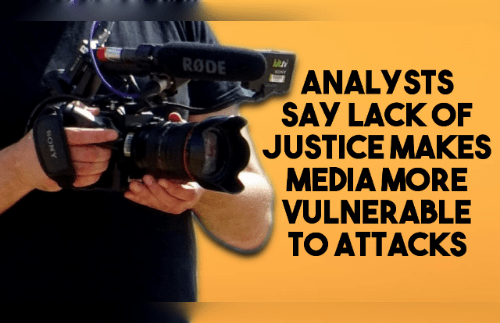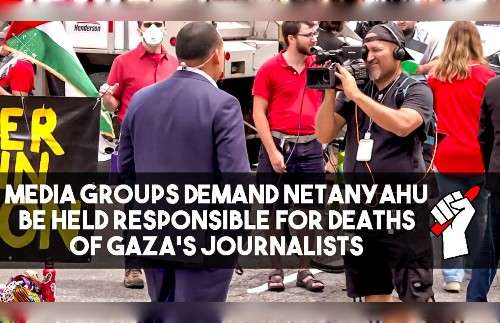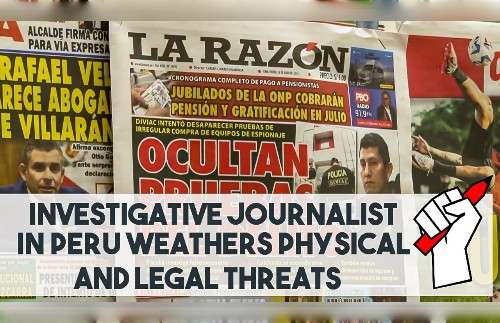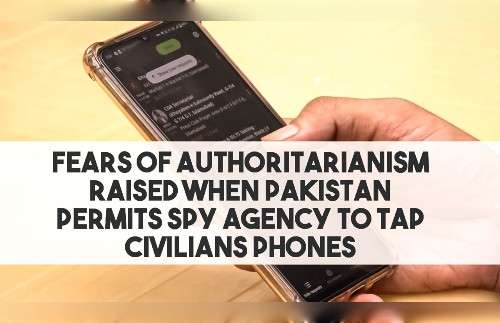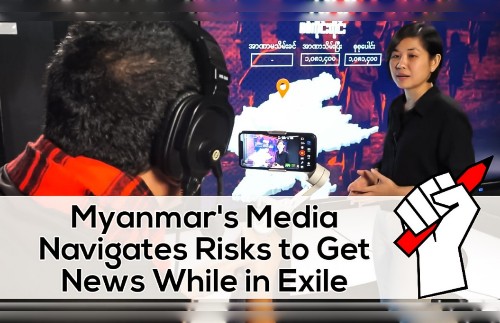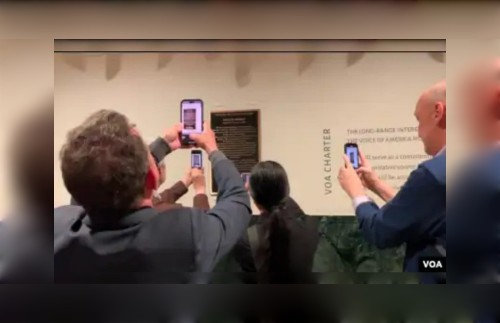A draconian security law makes journalists in the city think twice before competing for a human rights award.
By Cheryl Tung, Chen Zifei, Yu Fat and Lu Xi

Hong Kong has plummeted to 148th on a global press freedom index, as authorities in the city took the now-shuttered pro-democracy Apple Daily newspaper to court for “fraud.”
Paris-based press freedom group Reporters Without Borders (RSF) said the city’s fall down the index by 68 places was the biggest of the year, and comes amid an ongoing crackdown on the pro-democracy media under a draconian national security law imposed by Beijing from July 1, 2020.
“It is the biggest downfall of the year, but it is fully deserved due to the consistent attacks on freedom of the press and the slow disappearance of the rule of law in Hong Kong,” Agence France-Presse quoted RSF’s East Asia bureau chief Cedric Alviani as saying.
“In the past year we have seen a drastic, drastic move against journalists,” he added.
The national security law was initially used to target the government’s political opponents, but later turned its power onto independent media organizations, forcing the closure of Jimmy Lai’s Apple Daily, parent company Next Media and Stand News.
“Once a bastion of press freedom, [Hong Kong] has seen an unprecedented setback since 2020 when Beijing adopted a National Security Law aimed at silencing independent voices,” RSF’s entry on Hong Kong reads.
“Since the 1997 handover to China, most media have fallen under the control of the government or pro-China groups,” it said. “In 2021, two major independent news outlets, Apple Daily and Stand News, were forcefully shut down while numerous smaller-scale media outlets ceased operations, citing legal risks.”
It said the Hong Kong government now takes orders directly from the ruling Chinese Communist Party (CCP) in Beijing, and openly supports its propaganda effort.
“Public broadcaster Radio Television Hong Kong (RTHK), previously renowned for its fearless investigations, has been placed under a pro-government management which does not hesitate to censor the programmes it dislikes,” RSF said.
Despite promises of freedom of speech, press and publication made under the terms of the handover to Chinese rule, the national security law could be used to target any journalist reporting on Hong Kong from anywhere in the world, it warned.
Jailed media mogul
As the RSF index was published on World Press Freedom Day, Lai — who is currently serving time in jail for taking part in peaceful protests and awaiting trial under the national security law for “collusion with a foreign power” — and former Next Media administrative director Wong Wai-keung were in court facing two charges of “fraud” linked to the use of the Next Media headquarters by a consultancy firm.
Lai stands accused of violating the terms of the building’s lease and concealing the breach from the landlord, Hong Kong Science and Technology Parks Corporation, over two decades.
Lai, 74, appeared in court on the first day of the trial wearing headphones, leaning back with his eyes closed, appearing in good spirits as he blew a kiss to his wife.
Lai’s legal team led by Caoilfhionn Gallagher at Doughty Street Chambers filed an urgent appeal at the United Nations over “legal harassment” against him in April, saying he has been jailed simply for exercising his right to freedom of expression and assembly and the right to peaceful protest.
His lawyers say he has been repeatedly targeted by the Hong Kong authorities with a “barrage” of legal cases, including four separate criminal prosecutions arising from his attendance at and participation in various protests in Hong Kong between 2019-2020, including most recently in relation to his participation in a vigil marking the 1989 Tiananmen massacre in Beijing, for which he received a 13-month prison sentence.
He is currently serving concurrent prison sentences in relation to all four protest cases, while awaiting trial for “collusion with foreign powers” and “sedition” in relation to editorials published in Apple Daily.
New host of press award
Meanwhile, a U.S. university has said it will take over the hosting of the Human Rights Press Awards after the Hong Kong Foreign Correspondents’ Club (FCC) withdrew from the event, citing legal risks under the national security law.
The awards will now be run by the Walter Cronkite School of Journalism and Mass Communication at Arizona State University.
“Recognizing exceptional reporting on human-rights issues is more important today than ever before, due to the many – and growing – threats to press freedom around the world,” dean Battinto Batts said in a statement on the school’s website.
A former reporter for Stand News, who gave only the pseudonym Miss Chan, said she had been notified she would win an award this year.
She said the relocation of the awards overseas didn’t necessary help journalists in Hong Kong, however.
“If the awards are able to go ahead overseas, I think Hong Kong journalists will be more worried about whether to participate in the competition or serve as judges, because they may be accused of colluding with foreign forces or incitement and so on,” Chan said.
“The situation in Hong Kong is changing too fast and it may be getting worse, so I don’t know if I still have the guts to take part,” she said.
A former winner who gave only the pseudonym Mr. Cheung said the relocation was better than nothing.
“Naturally, something is better than nothing, and there is some encouragement in that,” Cheung said. “But the Human Rights Press Award can no longer exist in Hong Kong before of the huge retrograde steps being made there regarding human rights.”
“Hong Kong journalists used to know they could report on human rights issues in Hong Kong, China or elsewhere in the region,” he said. “Now there’s no room [for that].”
Former Hong Kong Baptist University (HKBU) journalist professor To Yiu-ming said the awards had served as a bellwether for press freedom in the city.
“[They] served as a benchmark for the freeom of the press in Hong Kong, and also as a bulwark protecting some press freedoms,” To told RFA. “Their disintegration is also the disintegration of another pillar of Hong Kong’s [former] freedoms.”
He said it is entirely possible that Hong Kong journalists will limit participation in such competitions in future, to avoid being targeted by the authorities.
Relocated press corps
Many of Hong Kong’s former press corps have already relocated, changing jobs and country in a bid to escape the repercussions of the new regime.
“I’ve been here for three months,” former Ming Pao journalist Leung Ming-hung told RFA in the northern English city of Manchester. “I now working as a self-employed traffic warden. It’s my job to give out parking tickets.”
“The work’s not difficult and the salary isn’t bad, but I feel that the work is … completely meaningless compared with my previous life,” Leung said. “I feel as if I no longer have any purpose in life: I’m just getting by.”
Leung said he left Hong Kong after the authorities started targeting people under the national security law.
“I didn’t expect that after I got here, my emotional state would be even worse than when I was in Hong Kong,” he said. “I haven’t been able to switch off who I was in Hong Kong … for example, when the bank robbery happened yesterday, I kept thinking about how I would shoot it.”
“I have so much nostalgia left for Hong Kong; it’s like I have been unable to leave [that life] behind.”
Leung said he thinks press freedom in Hong Kong will continue to deteriorate.
“The government is already talking about … a fake news law, so there’ll be a lot of things you can’t report on, or which will carry consequences if you do report them,” he said. “I think we’ll see a lot more immigrants when things get worse than they are now.”
Translated and edited by Luisetta Mudie.
Copyright © 1998-2020, RFA. Used with the permission of Radio Free Asia, 2025 M St. NW, Suite 300, Washington DC 20036. https://www.rfa.org





